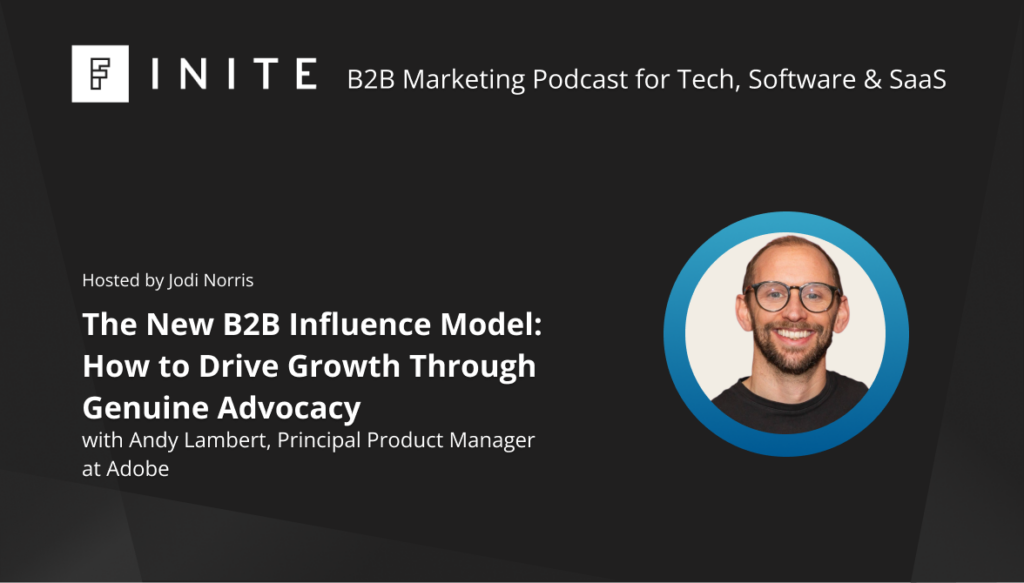As the world grapples with the urgent need to combat climate change, this World Environment Day Clarity’s sustainability leaders mark the occasion by sharing thoughts on what’s going on across the U.S., UK, and Australia. From innovative startups to established companies, more and more brands are spearheading efforts to address the environmental challenges we face. In this blog, we will explore the forces in different regions driving change, highlighting key considerations for brands that wish to contribute to a greener world.
Reach out to find out how our sustainability experts could help you shape powerful sustainability policy and messaging, or help your CleanTech startup drive positive change in the world.
--------
Jason Wakeford, Associate Partner: How U.S. sustainability leaders are prioritizing reporting and transparency
When it comes to tackling the climate emergency, words are not enough. Accurate and transparent measurement of our actions is critical to demonstrate collective effort, hold people accountable and, most importantly, prove that the steps taken are actually making a difference.
Delays on mandating carbon emission disclosure
For businesses, one way to force improved reporting standards is to legislate for it. In the United States, the Securities and Exchange Commission (SEC) is still attempting to introduce regulations mandating companies to disclose their carbon emissions, and the impact of global warming on their operations. However, their proposals have faced significant opposition from many interest and political groups, meaning the introduction of any new rules is now delayed until the fall or even beyond.
Consumers demanding change
The catalyst for change lies in the growing demands of consumers for brands to align their values with meaningful environmental action. According to recent figures published by EY, 70% of customers now expect businesses to be transparent about their environmental impact, yet just 38% believe that the actions being taken are sufficient. It’s clear that customers are no longer content with mere assurances, so brands must demonstrate the tangible results of their actions.
Misleading claims
Just last week, Delta Air Lines was hit with a proposed class action lawsuit alleging the carrier’s claim to be the world’s “first carbon-neutral airline” is “false and misleading.” In early 2020, Delta announced it would spend USD 1 billion to mitigate its greenhouse gas emissions, including the purchase of carbon credits from anti-deforestation and green-energy projects. However, the lawsuit, filed in a California federal court, alleges that the carbon credits are “junk” and that eco-conscious flyers would never have bought Delta tickets if they knew the airline was not genuinely carbon neutral.
Strong green credentials
On the other hand, Patagonia, the outdoor clothing company which has built a strong reputation for its green credentials, recently challenged the status quo by declaring it no longer considers itself a sustainable brand. Instead, the company is striving for higher standards in the face of the dilution of the term by others. For example, the company has now developed and replaced three different systems for measuring its environmental footprint in over two decades.
Elsewhere, alternative milk brand Oatly took a bold step by publishing its climate footprint on product labels. The brand then took out audacious two-page print ads and a billboard in Times Square last month, which not only showcased the brand’s progress toward net zero, but also enticed its competitors to follow suit by offering them the ad space to share their figures for free.
Reporting and transparency
By prioritizing reporting and transparency, companies like Patagonia and Oatly are earning customer loyalty by establishing themselves as true sustainable practice leaders. Brands need to meet the ever-growing expectations of consumers who expect genuine action – and proof – over futile attempts at green-washed rhetoric.
--------
Catriona Biggart, Senior Vice President: How the UK’s net-zero strategy is supporting growing investment in clean energy
The UK is emerging from a particularly bleak winter. Consumer bills are at their highest in 45 years, driven by inflation and the ongoing situation in Ukraine, which has led to soaring gas bills and the government having to introduce the Energy Price Guarantee to reduce the extent of price increases for domestic customers. This has occurred at a time when very cold weather meant most households had no choice but to crank the heating up. Those with solar panels and heat pumps in their home - or using a tariff that relied on cheaper, clean, renewable sources of power - were laughing all the way to the bank as their investment in renewable energy showed up those still reliant on fossil fuels.
Clean energy investment surpasses fossil fuels
In a monumental shift towards a sustainable future, the International Energy Agency (IEA) latest World Energy Investment report has declared annual investments in clean energy have surpassed those in fossil fuels. About £2.25 trillion is set to be invested globally in energy in 2023, of which more than half - around £1.37 trillion - is expected to go to clean technologies including renewables, electric vehicles, nuclear power, grids, storage, low-emissions fuels, efficiency improvements and heat pumps.
The IEA's findings represent a pivotal moment in the global transition to clean energy. This momentous shift reflects a growing recognition of the urgent need to combat climate change and reduce greenhouse gas emissions.
The UK’s net-zero strategy
The surge in clean energy investment can be attributed to several factors. Firstly, technological advancements and economies of scale have significantly reduced the costs associated with renewable energy production, making it a more attractive investment option.
Additionally, governments and policymakers worldwide are implementing favorable policies and incentives to encourage the adoption of renewable energy, further driving investment in the sector. Clean power generation is front-and-center of the UK's strategy to reach net-zero by 2050, with the government setting energy providers a target for all electricity to come from 100% zero-carbon generation by 2035.
An evolving energy market
This trend also underscores the changing dynamics of the energy market. As renewable energy becomes more economically viable and efficient, investors are recognizing the long-term potential of clean energy sources. Renewable technologies, such as solar and wind power, offer not only environmental benefits but also a promising return on investment.
These developments are crucial in reshaping the energy landscape and promoting a sustainable future. Energy management solutions that offer providers a customer-first approach to monitoring their energy generation and consumption will be crucial as we move towards a renewable energy future. B2B brands like Zoa, which is an energy experience platform that helps B2C clean-techs create offerings that people love, are perfectly positioned to assist in this transition.
A significant clean energy milestone
The IEA's announcement heralds a significant milestone in the global energy transition. It is a clear indication that the world is embracing a greener future and recognizing the immense potential of clean energy to combat climate change and create a sustainable planet for future generations.
--------
Julia Hoy, Associate Partner: How challenging behaviors is essential for Australia to become a climate leader
For years, Australia used the excuse of being a resource heavy economy to delay actions mitigating against climate change. A landmark election in 2022, however, brought in a new federal government with a mandate for change.
Australia recalibrates to repair its climate reputation
The private sector finally has frameworks and boundaries that have long been needed to incentivise and de-risk investment and action on climate change. There is lost time to make up for - the Climate Action Tracker still rates Australia’s ambitions and actions as insufficient. It now looks ahead to the possibilities of changing its reputation as a climate laggard.
The country is vying for the prospect of being the host country of COP in 2026, and becoming a leader in renewable energy, taking advantage of the abundance of wind, sun, space, and transferable skills required. These aspirations require a significant and concerted step up in effort from both the business community and government.
Private sector greenwashing challenges
The private sector has always moved ahead of the Australian government. But for the first time the federal government under Prime Minister Anthony Albanese is now pushing business to do more. A wave of regulation put companies under the microscope by both the corporate and consumer watchdogs, bringing an end to an era of greenwashing.
The result has been a 'sustainability communications reset' pushing organizations to rethink how they talk about sustainability. This shift paves the way for companies that are willing to do more than congratulate themselves on incremental improvements. It rewards the brands that will step away from a mentality of ‘reducing environmental impact’ to those with regenerative, restorative, and reparative business models in their sights.
Communication’s role in green education
But better action on sustainability comes with better education and understanding. It comes when companies invest in sustainability education for employees, hardwire it into every aspect of the business, and build a culture around achieving more sustainable outcomes. It comes when consumers understand how to make more sustainable decisions when they purchase, use, and dispose of products everyday. And it comes when companies see the value in collaborating instead of competing to accelerate technology that will lead to a more sustainable industry.
Paul Polman, Vice Chair of UN Global Compact and former CEO of Unilever said, “irreversible climate change is not unavoidable, all that is missing is the willpower.” When put so simply, it feels that it could be within our reach.
But this means business as usual isn’t an option. Communications plays a critical role in this journey by educating, inspiring new ways of thinking, changing mindsets, shifting behaviors and helping equip people with the motivation they need to support a more sustainable planet.
Stay up to date
Receive all the latest news, events, and insights on B2B tech, marketing, and communications with Clarity’s free monthly newsletter.
Share this
MORE
INSIGHT
Fearless tactics to achieve your strategic success
As a consultancy, our full-funnel marketing and communications solutions are designed to fearlessly deliver business results across multiple industries and service areas.









